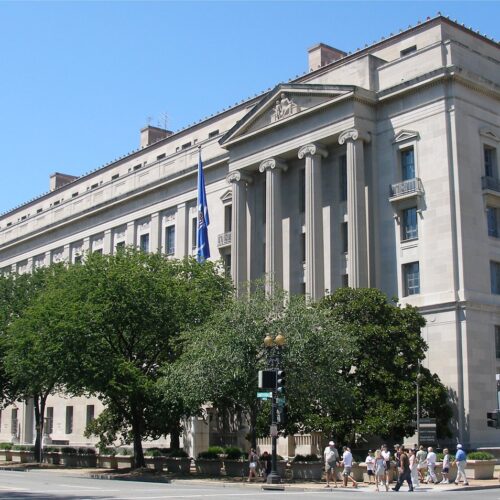Massachusetts
The state of Massachusetts funds and administers all indigent defense services in adult criminal trials. A state commission is responsible for providing oversight of services statewide.
The state of Massachusetts funds and administers all indigent defense services for adult criminal cases in its appellate courts. A state commission is responsible for providing oversight of services statewide.
-
14 Counties State Funded
-
14 Counties State Administered
-
14 Counties with a Commission With Statewide Authority
-
14 Counties State Funded
-
14 Counties State Administered
-
14 Counties with a Commission With Statewide Authority
The Committee for Public Counsel Services (CPCS) is a state agency responsible for funding and administering all adult and juvenile trial-level indigent defense representation in the state. CPCS delivers indigent defense services through two divisions. The private counsel division provides representation (in about 80% of cases filed in the state) through contracts with private attorneys paid on an hourly basis. CPCS contracts with county bar programs who in turn contract with private attorneys. The public defender division provides representation (in about 20% of cases filed in the state) through full-time public defender staff. CPCS also provides appellate and post-conviction representation.
A chief counsel leads CPCS, and a deputy chief counsel manages each division. A 15-member committee oversees CPCS. The state supreme court appoints most of the committee’s members. The committee appoints the chief counsel and has authority to establish and enforce minimum qualification, training, and performance standards.
The Committee for Public Counsel Services (CPCS) is a state agency responsible for funding and administering all adult and juvenile trial and appeal representation in the state. CPCS delivers indigent defense services through two divisions. The private counsel division criminal appeals unit provides representation (in about 80% of cases filed in the state) through contracts with private attorneys paid on an hourly basis. The public defender division’s statewide appeals unit provides representation (in about 20% of cases filed in the state) through full-time public defender staff.
A chief counsel leads CPCS, and a deputy chief counsel manages each division. A 15-member committee oversees CPCS. The state supreme court appoints most of the committee’s members. The committee appoints the chief counsel and has authority to establish and enforce minimum qualification, training, and performance standards.

Dig Deeper
Who serves on the commission?
Is an indigent person charged with a misdemeanor or municipal ordinance violation always appointed counsel?
Is there any pay parity between indigent defense providers and prosecutors in the state?
In which branch of state government does the indigent defense system reside?
Support Our Work
Criminal justice issues that disproportionately harm poor people, such as wrongful convictions and over-incarceration, cannot be fixed if indigent defendants are given attorneys who do not have the time, resources, or qualifications, to be a constitutional check on government. Yet, investment in improving indigent defense services remains largely neglected. The Sixth Amendment Center is the only nonprofit organization in the country that exclusively examines, uncovers, and helps fix the root of the indigent defense crisis in which inequality is perpetuated because poor defendants do not get a fair fight.
The Sixth Amendment Center is a tax-exempt 501(c)(3) nonprofit organization under EIN: 45-3477185.
Donations are tax-deductible to the fullest extent allowable under the law.


